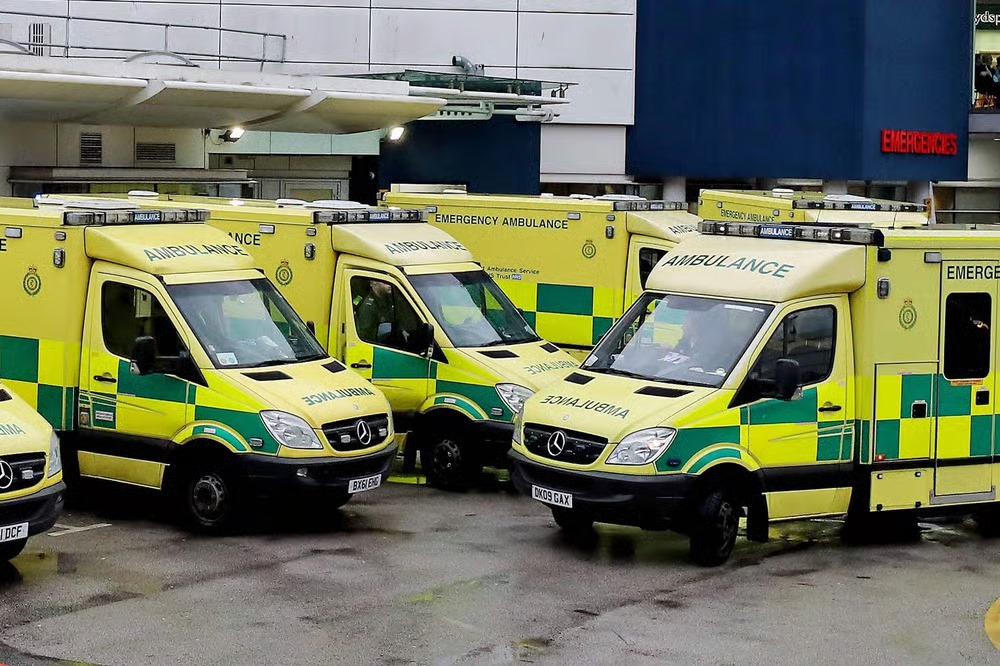NHS 999 staff are quitting and suffering burnout caused by the “relentless pressure” of calls, according to new research.
Figures obtained by Unison from ambulance services showed high turnover rates among call handlers, which staff say are often due to a lack of support and the non-stop, often distressing, calls that force many to take sick leave.
The figure for 2023/24 alone was 166,940 – the equivalent of more than a month of sick leave for each 999 call handler.
The union says high staff turnover and increased sickness absences are having a negative impact on patients.
It often means people are having to wait longer for 999 staff to answer calls or for their emergency to be properly assessed and dealt with.
Unison general secretary Christina McAnea said: “These findings paint a bleak picture of the conditions faced by 999 control room staff.
“TV programmes about ambulance services don’t show things as they really are. Call handlers are under immense pressure, making split-second decisions that directly affect lives.
“They handle relentless calls, often from people in distress, while dealing with complex emergencies and with limited resources.
“Despite their crucial role, 999 call handlers frequently face emotional strain and operate in an environment where support is sometimes lacking. The job is rewarding, but the challenges behind the scenes are far greater than most people realise.
“It’s bad for morale and for patients when so many staff quit or are burnt out. Callers who dial 999 need to know the person picking up the phone is ready to deal with their crisis.
“Ambulance employers must do more to protect the health and well-being of staff who provide such high-stakes support.
“This would help create a more stable emergency service that can retain the skills and experience of emergency call handlers, and persuade people to stay in the job for longer.”
An NHS spokesperson said: “999 call handlers play an essential role as the first point of contact in emergencies, and the NHS is taking steps to help staff deal with record levels of pressure, including providing a range of health and wellbeing support.
“But we know there is more to do and the health service is committed to tackling burnout by continuing to offer more flexible working options.”
A Department of Health and Social Care spokesperson said: “One of the biggest stress factors for 999 call handlers are delays to call outs, which is why we will put almost 500 new ambulances on the roads as part of our wider urgent and emergency care plan to improve the speed and quality of care for those needing urgent or emergency treatment.
“We are also working with the NHS to support staff mental health, through occupational health provision, counselling and employee support programmes.”
The data was from 11 ambulance trusts.



